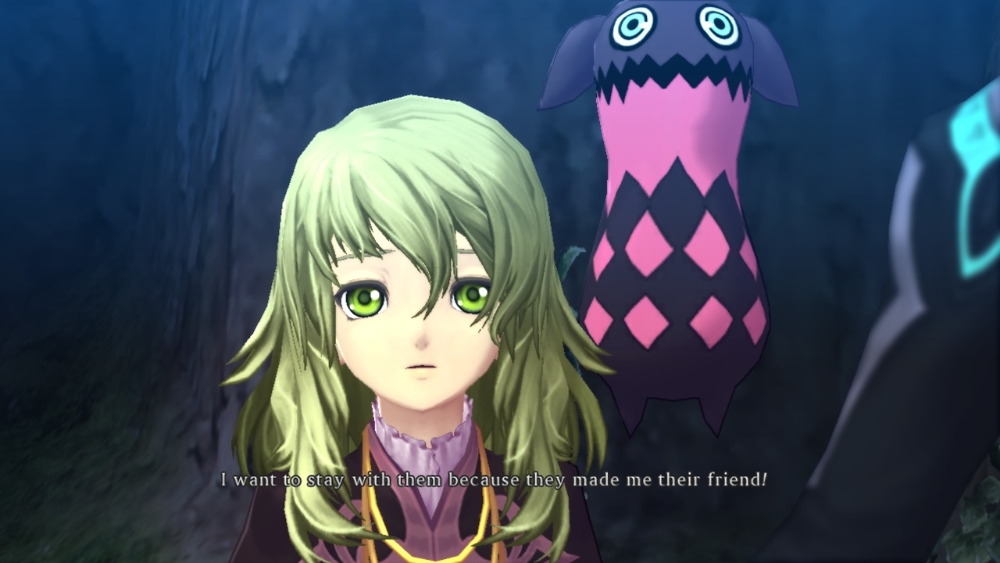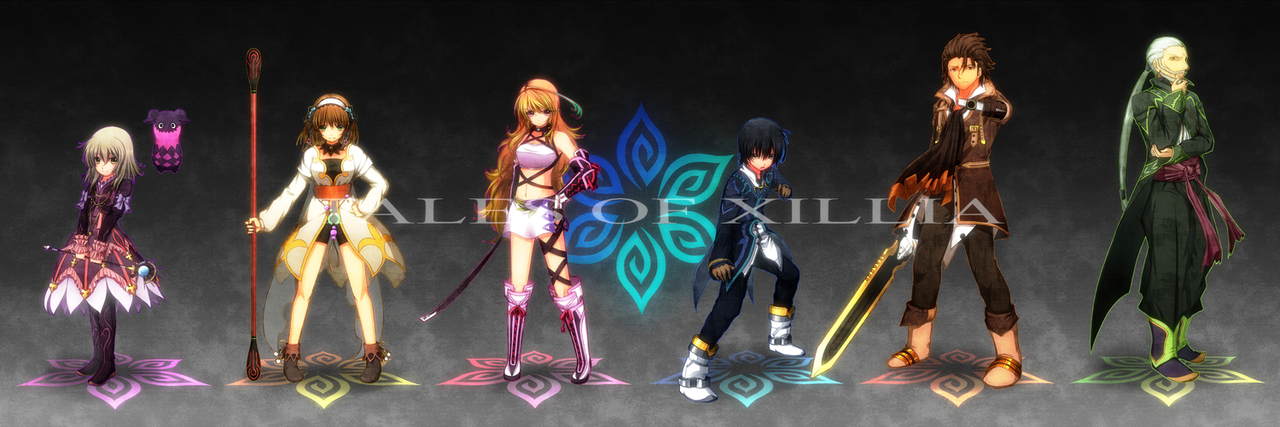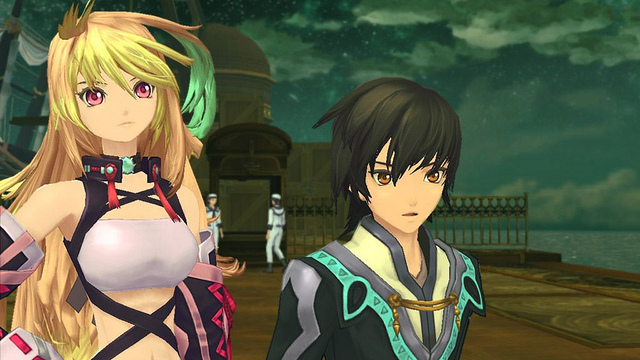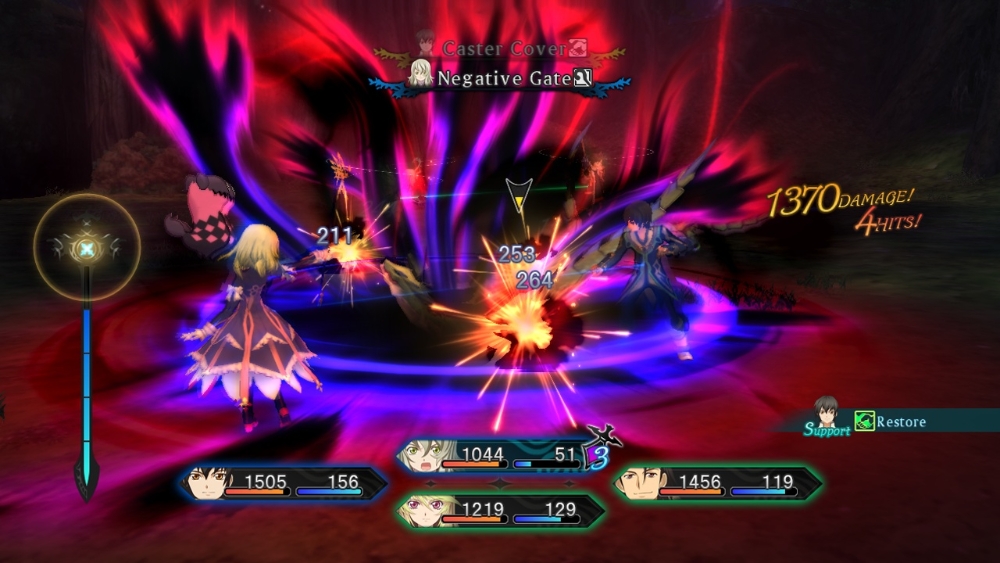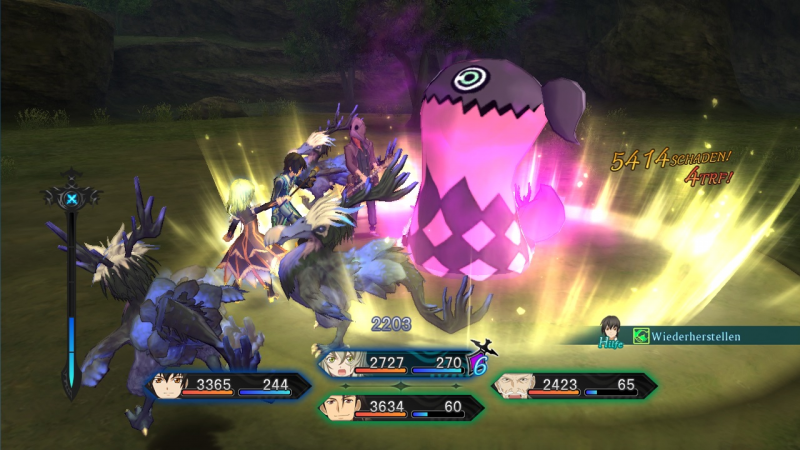Tales of Xillia and the Power of the Mere Association Mental Model
After writing about mental models earlier today, it made me realize how this approach to life becomes second nature to examine your own thoughts and feelings as they happen so you are self-aware of the subconscious triggers that are pulling your thought processes in one direction or another. In that respect, even a video game can be useful as a tool.
When I was studying the Walt Disney empire, one of the comments that kept coming up was that Disney knew how to tap into these mental associations in a way that his version of a story became the version of a story. Suddenly, the only Cinderella was his Cinderella, even though she had been around for centuries. The only Mary Poppins was his Mary Poppins. The only Peter Pan was his Peter Pan.
The type of storytelling that sticks with you – and that’s all this genre of video game is when it comes down to it, storytelling in an interactive, visual and audio format rather – achieves the same thing. It creates entire self-contained universes, but gets you to by into them by subconsciously triggering your feelings in subtly manipulative ways.
These two things made me particularly reflective during the past 8 days, when I’ve put more than 40 hours into Tales of Xillia, finally beating it this morning. It’s a great game, with a solid core. It felt slightly less expansive than Tales of Vesperia, which I suspect has to do with the lack of an overworld map, but it’s a really nice addition to the franchise. I would have been proud to put my name on it if I had been a developer. It did seem like some of the extras were missing – the little things here and there such as endless costume options, more side-quests, and larger cities and regions – but it’s still better than 85% of the games in the genre.
What strikes me, though, is how much the mere association mental model plays into my own reaction to things. It’s one of the “big five”, up there with social proof and confirmation bias.
For example, given that I have a very young, blond niece named Ellie, the fact there was a very young, blond main character party member named Elly made me feel overprotective of her. I’d go out of my way to finish her side-quests, and track down pink items so I could get one of her top-of-the-line weapons. The brain, aware of the surface similarities, transferred some of the goodwill and affection I have toward my own family member to this digital character, even though it was completely irrational to do so. (This is the same niece, by the way, that gave us the masterpiece known as Night Sun Jesus and to whom I had been teaching global currencies.) I knew it was happening when it was happening, whereas before I paid attention to this sort of thing, I probably wouldn’t have realized the cause.
Likewise, I find myself deeply irritated, to an almost comical degree, by the character of Leia Rolando (second from the left in the collage). She’s hopelessly in love with the main character, Jude Mathis, and has been since childhood, when she bullied him, though she didn’t see it that way; she thought they were just kidding around together, even though he was the one left with bruises and knocked on the ground. While he is away at medical school, she writes him constantly, though he never responds because he doesn’t know what to say as Leia only “writes about [herself]”. It’s clear she’s so deeply infatuated with him that it’s the reason, whenever she feels self-conscious, she goes on the offensive, mocking everything from his “girly” penmanship to the fact that he saved up money to buy new clothes before leaving for the city so he wouldn’t look like a country hick. There are some scenes when Jude goes, “Phew”, and just exhales after Leia leaves and he’s been giving her a pep talk, where he’s finally able to breath again, grateful she’s gone even though he does like her as a childhood friend.
It reminded me of a long line of girls and women, going back to third grade, all of whom have been convinced I was their one true love, scribbling our names in notebooks and pestering me to go to some movie or grab coffee or visit their parents with them. You know the ones in whom you aren’t interested at all, have made it abundantly clear, but no matter what you do, when you walk into a room, they are staring at you doe-eyed, year after year, telling their friends that secretly, one day you’ll wake up and marry them? That loaning them that pen was really a symbol of your unspoken love? That smiling at them was you really saying you wanted to wrap them in your arms? It’s exhausting being friendly and respecting their feelings when being kind is the last thing you want to do – some people just don’t get that you’re not into them – but you do it anyway because it’s the right thing. The voice artist captured Jude’s, “Phew” exhale, perfectly. It summed up the entire emotion. I wanted to be like, “I get it, kid. I get it.” That’s what makes the series so fantastic. The entire scenario had played out in my own life enough times that I identified with this fictional protagonist.
I felt like Alvin was written … unevenly. The voice actor, though, was absolute perfection.
I wish science could create Teepos. Imagine having a floating, talking real-life Siri next to you, able to have an interactive personality that you could use to record lectures, broadcast a signal or go for help if you were hiking and got lost, defend you if attacked, etc. Though I’m terrified of the societal ramifications of artificial intelligence, it could be one of the good sides if it ever manifests.
I need to get a lot more work done, and it’s already 5:39 p.m. I really want to start the next phase of the minimalism project tonight, as I want the entire thing done before December 31st.



